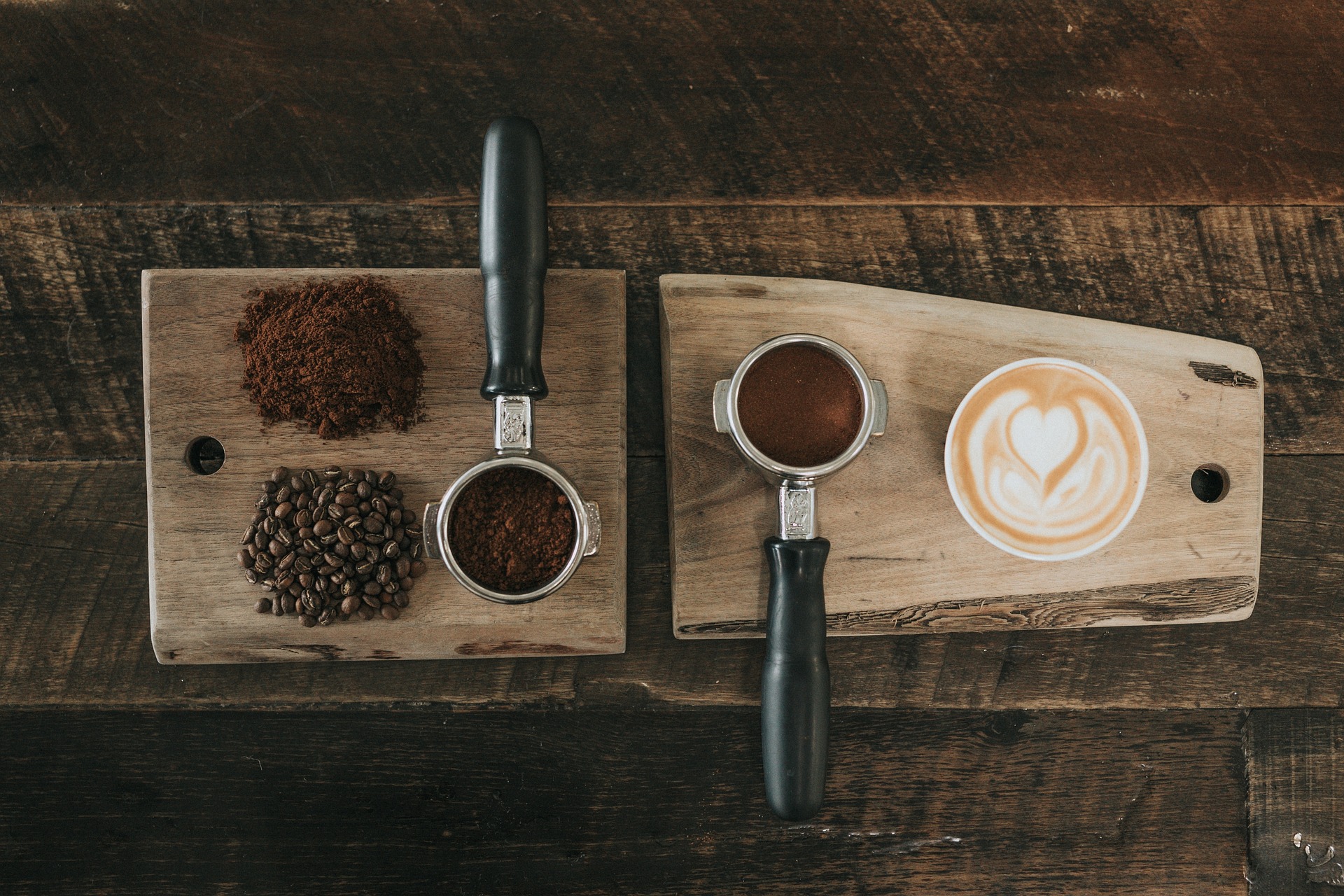Mastering the art of coffee bean manipulation, akin to that of a professional barista, is necessary in order to attain optimal flavor and quality in one’s coffee. The use of appropriate techniques for handling the beans is crucial in order to preserve their freshness and optimize their aromatic and gustatory qualities. Below are few recommendations for effectively managing coffee beans with expertise:
Storage: It is recommended to store coffee beans in a container that is airtight, ensuring that the beans are protected from exposure to air. Additionally, it is advisable to store the container in a cold and dark environment. It is advisable to refrain from utilizing transparent containers due to their propensity to permit light penetration, which might result in the degradation of the beans.It is advisable to store the container in a dry environment, away from excessive heat and potent scents, due to the high absorbency of coffee beans, which can result in the acquisition of undesirable tastes and fragrances.
Purchase Fresh Beans: Acquire freshly harvested coffee beans by procuring whole bean coffee from a reputable roaster or established coffee business. It is advisable to inspect the packaging for a roast date as a means to ascertain the freshness of the product. The optimal time frame for consuming coffee is often during a period of two to four weeks following the roasting process.
Grind the coffee beans just prior to the brewing process: It is recommended to grind your coffee beans just prior to the brewing process. This process effectively retains the sensory characteristics, including the taste and scent, of the coffee beans. Burr grinders are often favored over blade grinders due to their ability to provide a more uniform grind.
Utilize the Appropriate Particle Size for Grinding: It is advisable to modify the grind size of coffee beans in accordance with the specific brewing technique employed. Coarser grinds are seen appropriate for brewing methods like as French press, whilst finer grinds are essential for preparing espresso.
Quantify Your Coffee: Utilize a kitchen scale to accurately quantify the appropriate quantity of coffee beans. The recommended ratio for brewing coffee is often 1 to 2 tablespoons of coffee per 6 ounces of water, however this can be subjectively modified according to personal preference.
Maintaining Equipment Hygiene: It is advisable to maintain a regular cleaning routine for your coffee grinder, coffee machine and any other related equipment that you utilize. The presence of aged coffee dregs has the potential to undergo rancidity, hence exerting a detrimental impact on the flavor profile of the coffee.
Prevent the Freezing of Coffee Beans: In contrast to prevailing opinions, it is not advisable to freeze coffee beans for extended periods of storage. The presence of moisture within the beans has the potential to give rise to the formation of ice crystals, hence leading to detrimental effects on the cellular composition and subsequent impact on the overall taste profile. Alternatively, it is recommended to keep the beans in a container that is airtight, maintaining a consistent room temperature.
Conducting Experiments with Various Types of Legumes: Examine several coffee bean cultivars and geographical sources in order to uncover distinctive taste profiles and fragrances. Single-origin coffee beans, specifically, have the potential to provide a wide range of flavor sensations.
The importance of practicing consistency: It is advisable to maintain a constant routine with regards to the size of the coffee grounds, duration of the brewing process and the temperature of the water. This technique can assist in regulating the taste characteristics of your coffee.
The importance of valuing beans: It is important to use caution when handling coffee beans. It is advisable to minimize their exposure to superfluous air and light. When measuring or transferring coffee beans, it is recommended to utilize a coffee scoop or a clean and dry hand.
Evaluate and Modify: It is advisable to frequently evaluate the taste of your coffee and make any modifications accordingly. Minor adjustments in variables like as the fineness of the grind or the duration of the brewing process can exert a substantial influence on the taste profile.
Contribute Your Expertise: If you possess the expertise of a professional barista, kindly impart your extensive knowledge and unwavering enthusiasm for the art of coffee to patrons. Assist individuals in comprehending the various facets of coffee preparation and foster an appreciation for the intricate subtleties inherent in the diverse range of coffee tastes.
It is important to acknowledge that coffee is both an art and a science, and the mastery of coffee bean handling necessitates dedicated practice. By demonstrating commitment and a desire to delve into the realm of coffee, one may swiftly acquire the expertise necessary to excel as a professional barista.

